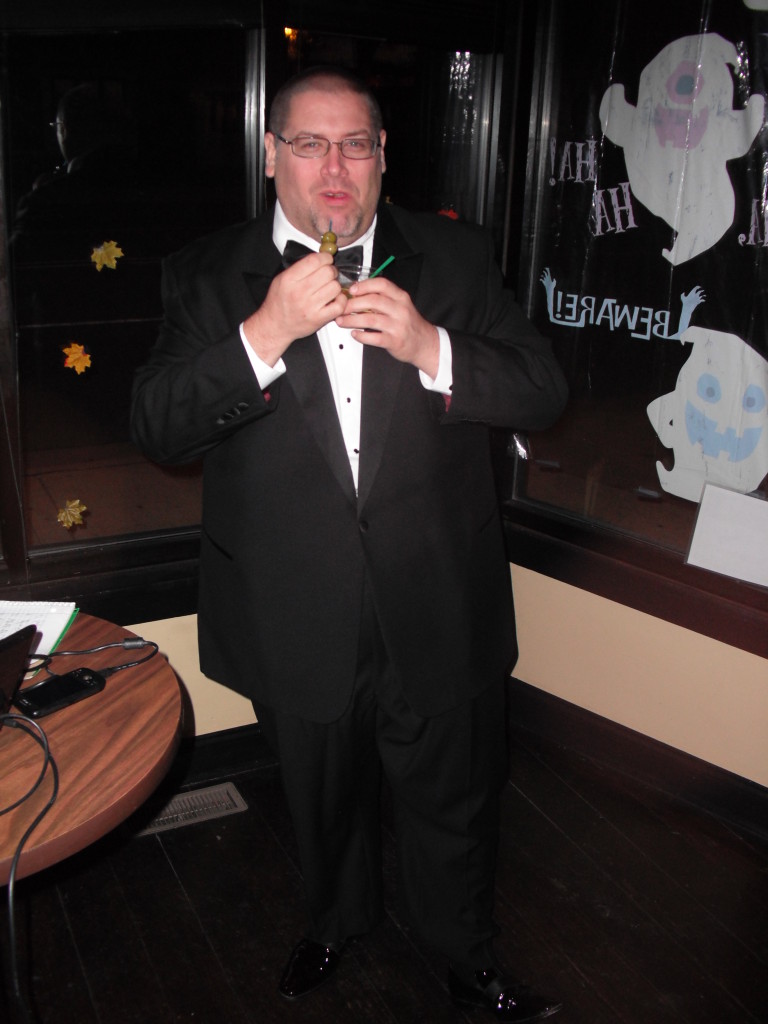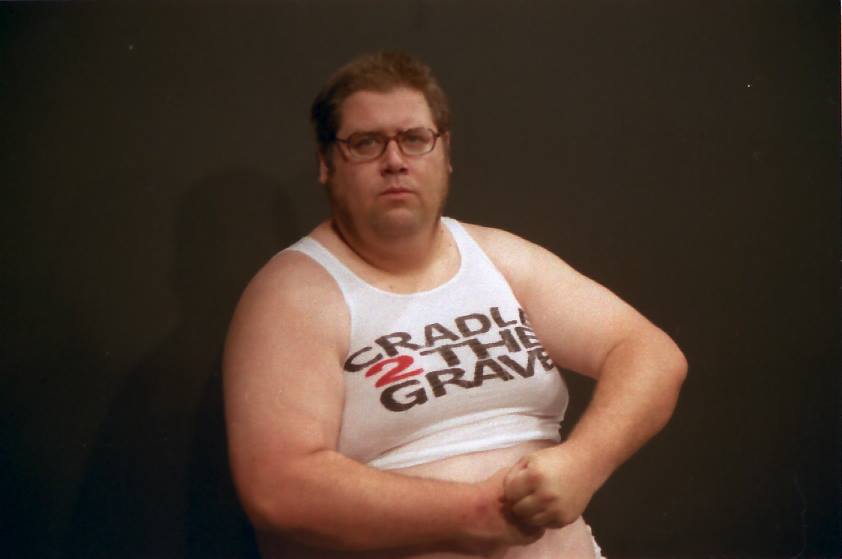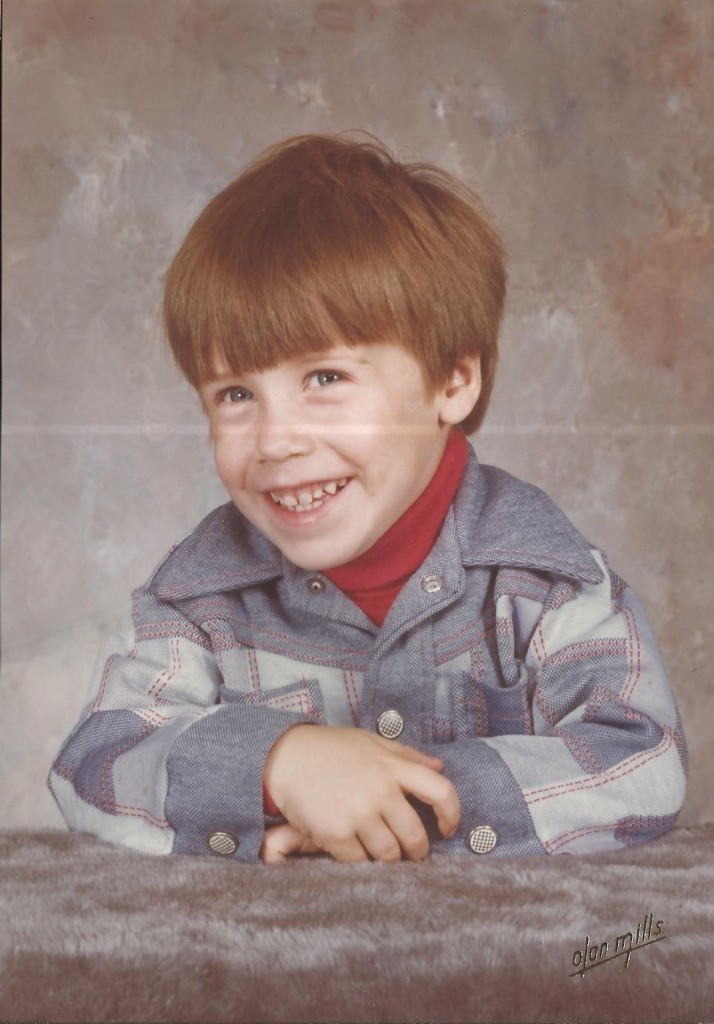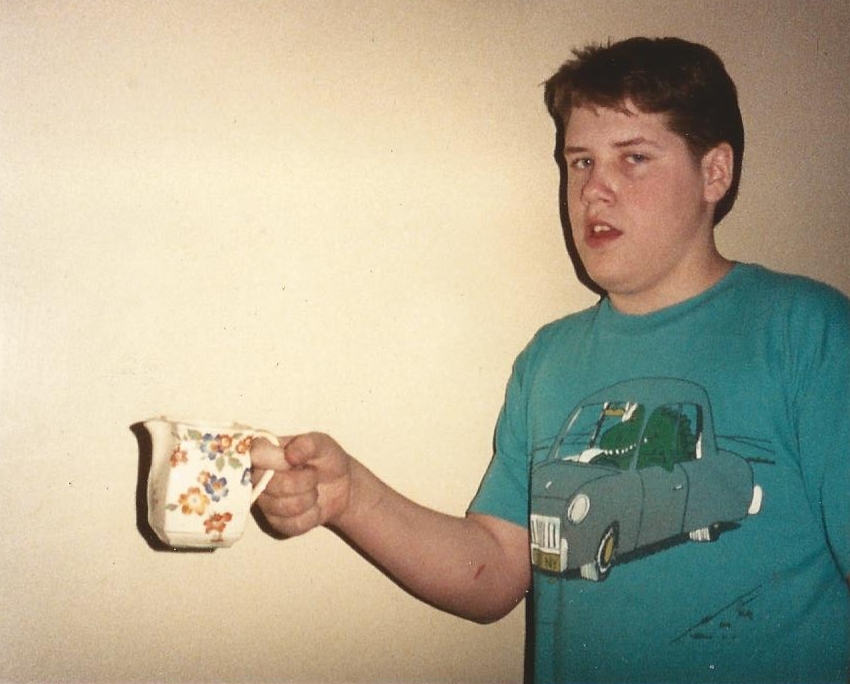One thousand miles from home,
I open the same prayer-book.
Some nights it was only obligation;
Tonight, it is comfort.
It’s best to be patient and persevering. Devotion may sometimes seem to be pure drudgery. Away from home, it’s possible to gain a new outlook. Taken from its usual context, our commitment can stand out all the more brilliantly. Something that may have become like a bit and bridle may now be warm and comforting. That is why one should master one’s emotions, and use discipline to even out the ups and downs of impulse.
When traveling, we are away from our usual surroundings, including those elements that suppress and restrict us. Nearly all of us have fears, frustrations, and inhibitions that we have acquired in the past; time and distance help us to assess them more clearly. To overcome them takes courage and initiative. How can we do it if our very problem is fear and timidity? That is when we need a friend to help and encourage us. They can give us the guidance and support to face our fears. Although they can neither live our lives nor solve our problems outright, they can provide an invaluable presence just when we most need it.
Within ourselves, our daily devotions are the way to encourage ourselves to persevere. With others, encouragement is the way to be compassionate.










